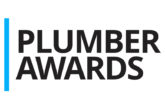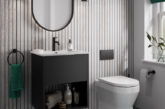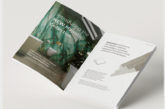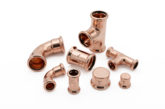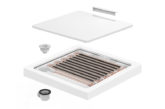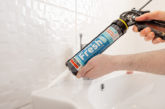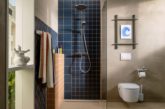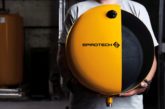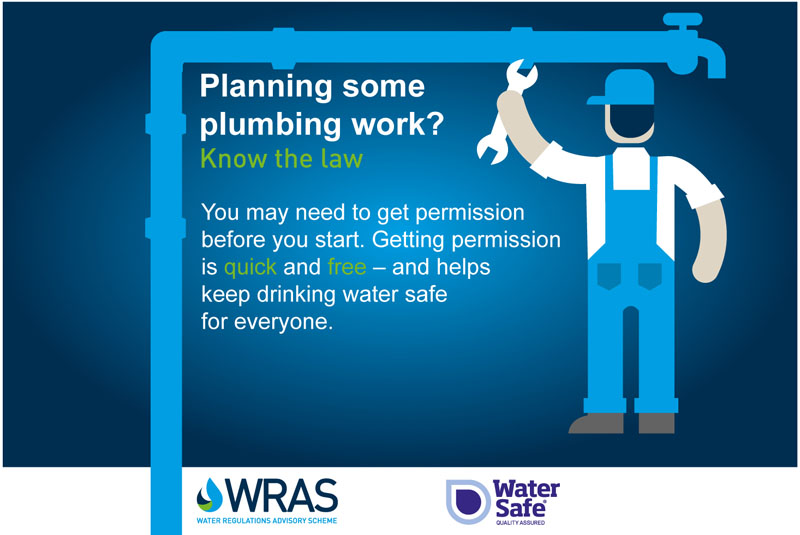
In many cases, work on new and existing plumbing systems, and some types of water installations, needs to be notified to, and approved by, the local water supplier before it can begin. This is to make sure it meets the Water Supply (Water Fittings) Regulations that are designed to keep drinking water supplies safe and healthy.
The warning doesn’t just apply to plumbers either – businesses, homeowners, landlords and tenants all need to follow the regulations too. The regulations apply to many types of domestic and commercial plumbing – from building new houses or extending business premises, to everyday work such as installing certain types of bidets or large baths.
Julie Spinks, Managing Director of the Water Regulations Advisory Scheme (WRAS), said: “The UK enjoys high-quality, safe drinking water and we want to make sure it stays that way.
“Unfortunately very few people are aware of their legal responsibilities to ensure certain types of plumbing work comply with these important regulations. Getting permission is quick and free, but failure to notify your local water supplier could result in extra cost to put poor plumbing right or, worse, contamination of water supplies and a court prosecution.”
“Our message is simple – if you are planning some plumbing installation work, take a few minutes to seek professional advice from your local water supplier, WRAS or a WaterSafe approved plumber who is familiar with the regulations.”
The notification and consent process takes up to 10 days and there is no charge for the service.
In many cases, the water supplier will simply need a description of the planned work and the contact details of those undertaking it.
Types of plumbing work that must be notified to water suppliers include:
- Building a house or other property/structure
- Extending or altering the water system on a non-household building
- Changing the use of a building or installing water systems, such as rainwater harvesting
- Installing a swimming pool or pond over 10,000 litres
- A garden watering system (unless operated by hand)
- A bath which holds more than 230 litres of water
- A bidet with an upward spray or flexible hose
- A pump or booster that delivers more than 12 litres of water per minute
- A reverse osmosis unit (for cleaning water)
- A water treatment unit which produces waste water
- A reduced pressure zone (RPZ) valve assembly or similar
- Any water system outside a building that is either less than 0.75 metres or more than 1.35 metres below ground.
This list is not exhaustive and there are extra requirements in Scotland and Northern Ireland.
Approved plumbers – ones already trained to meet the strict regulations for installing pipes and fittings which supply drinking water – are able to carry out some types of work without prior notification.
WaterSafe is the central body for approved professional plumbers in the UK and approved businesses can be found at its website.
To find out more about the Water Fittings Regulations, visit wras.co.uk/notification



